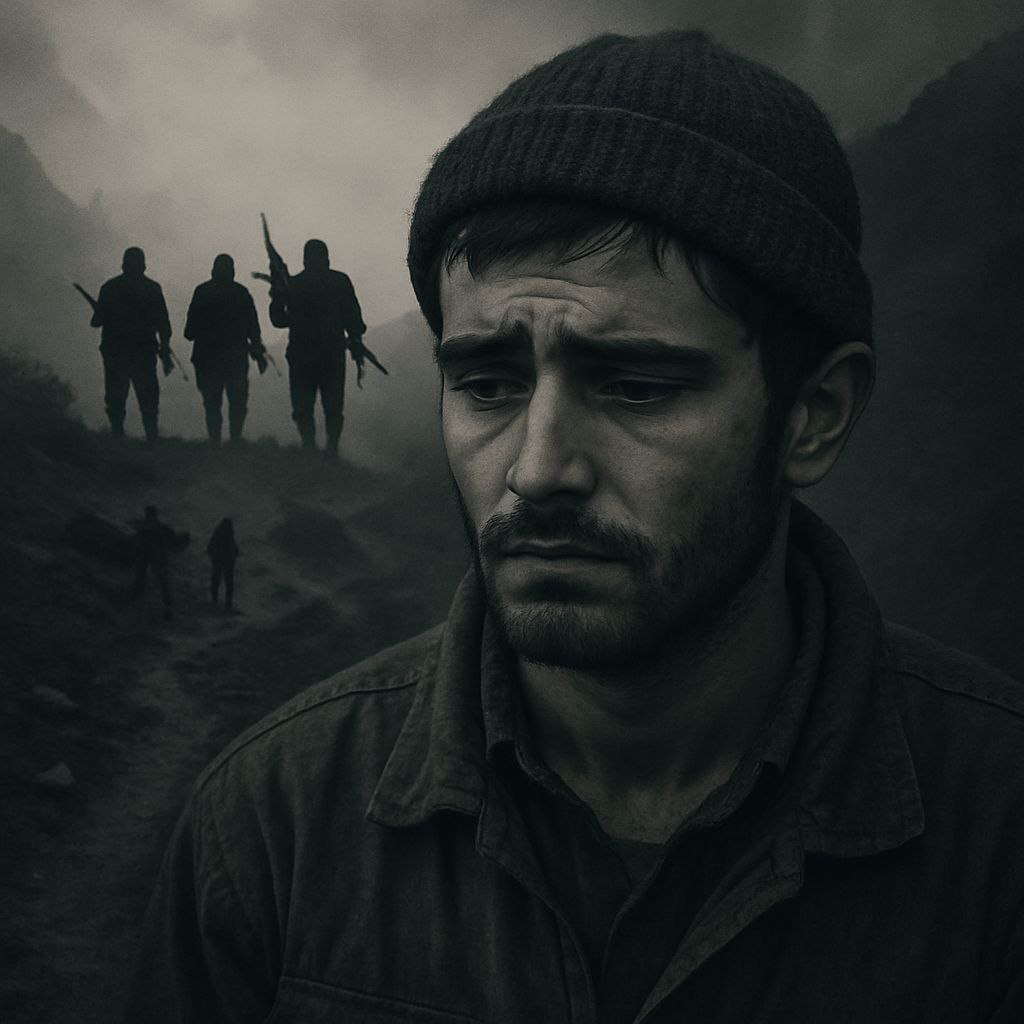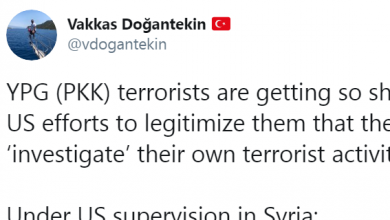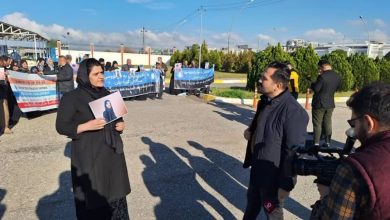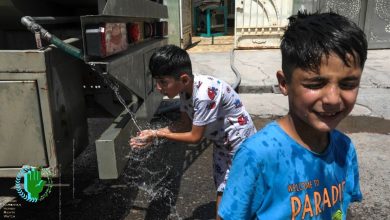Hamid Hossein-Nejad is part of the systematic victims swallowed by the terrorism machine of PJAK and PKK
By Saeed Mirzabeigi | Master of International Law
For the people of the western regions of Iran, the border is not just a geographical line; it is a line etched on the chest of history, full of wounds, pain, discrimination, and sometimes, violence. In recent days, the news of the execution of Hamid Hossein-Nejad Heidaranlou, a young man from Chaldoran who participated in a terrorist act against Iranian border guards, has had human, legal, and sociological repercussions.
During that armed attack at the zero point of the border, eight of the country’s border guard forces – including conscripts – lost their lives in an ambush planned and executed from beyond the borders. The video released from the scene of the operation clearly shows that this attack not only violates the basic principles of human rights and humanitarian law but is also a clear example of organized terrorist crime.
However, what requires reflection is not only the criminal aspect of the act but also the social and criminological contexts in which such tragedies take shape. Hamid Hossein-Nejad was neither a political activist nor an individual with strong literacy and ideological motivations. He was a young border resident, from a deprived region that has lived for years under the heavy shadow of poverty, inequality, and security instability caused by the presence of terrorist groups.
When these terrorist groups, by spreading insecurity, divert the region from the path of development, cultural poverty also expands alongside economic poverty. It is then that we see how a kolbar (porter) transforms into a dangerous terrorist. When Hamid Hossein-Nejad, during the reconstruction of the crime scene, says that he himself witnessed the killing of young border guards, it means that the problem is not just economic poverty; cultural poverty has deeper roots, and special measures must be taken to solve this challenge.
We at Iranian Kurdistan Human Rights Watch believe that the law must be enforced, but analyzing the reasons for the occurrence of crime and confronting its roots is more important than dealing with the consequences. Our field experience from speaking with hundreds of families of terrorism victims, former child soldiers, and women and men who have escaped the clutches of groups such as PJAK, PKK, Komala, and the Democratic Party of Iranian Kurdistan shows that the majority of those recruited have joined these groups not based on belief but through deception, financial pressure, and emotional and false propaganda.
On the other hand, the clear contradiction in the behavior of European and American countries, and even Iran’s neighbors, towards these groups is our main problem today. How is it possible for the European Union and the United States of America to, on the one hand, place groups like PJAK on the terrorist list, but on the other hand, allow them to engage in media and political activities and even attract financial and human resources on their soil? The recent interview of a PJAK leader with BBC Persian is just one example of this dangerous double standard.
It should not be forgotten that victims like Zeynab Jalalian, Farzad Kamangar, and even Hamid Hossein-Nejad are part of the systematic victims swallowed by the terrorism machine of PJAK and PKK; groups that use teenagers and individuals with social vulnerabilities and even disabilities as tools to carry out military operations. This crime is not only against an individual but against humanity.
The solution lies not in the elimination of individuals but in the destruction of the structures of recruitment, training, and equipping of terrorism. This crucial task will only be possible through regional cooperation and coordinated international pressure. If the world wants to end the cycle of violence, it must stop the propaganda, safe havens, offices, and financial networks of these groups in Europe and America. In our opinion, now that the path of dialogue with the US and Europe has been activated, it is essential to focus on these important and fundamental issues as well, because their results will benefit humanity and human society.
As long as poverty, neglect, and the free propaganda of terrorist groups continue, the next victims are on their way.





